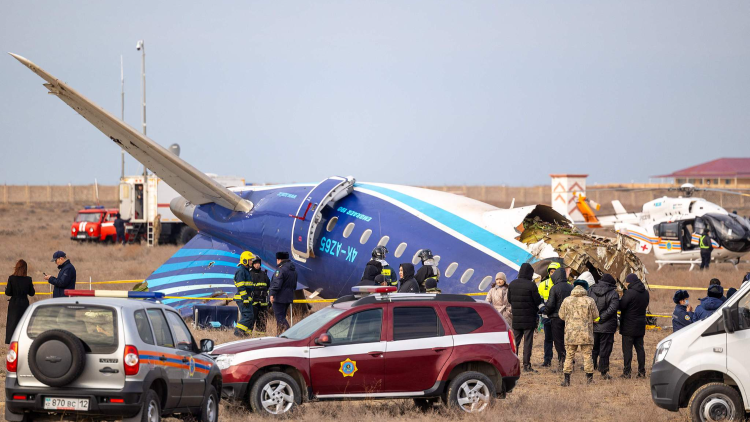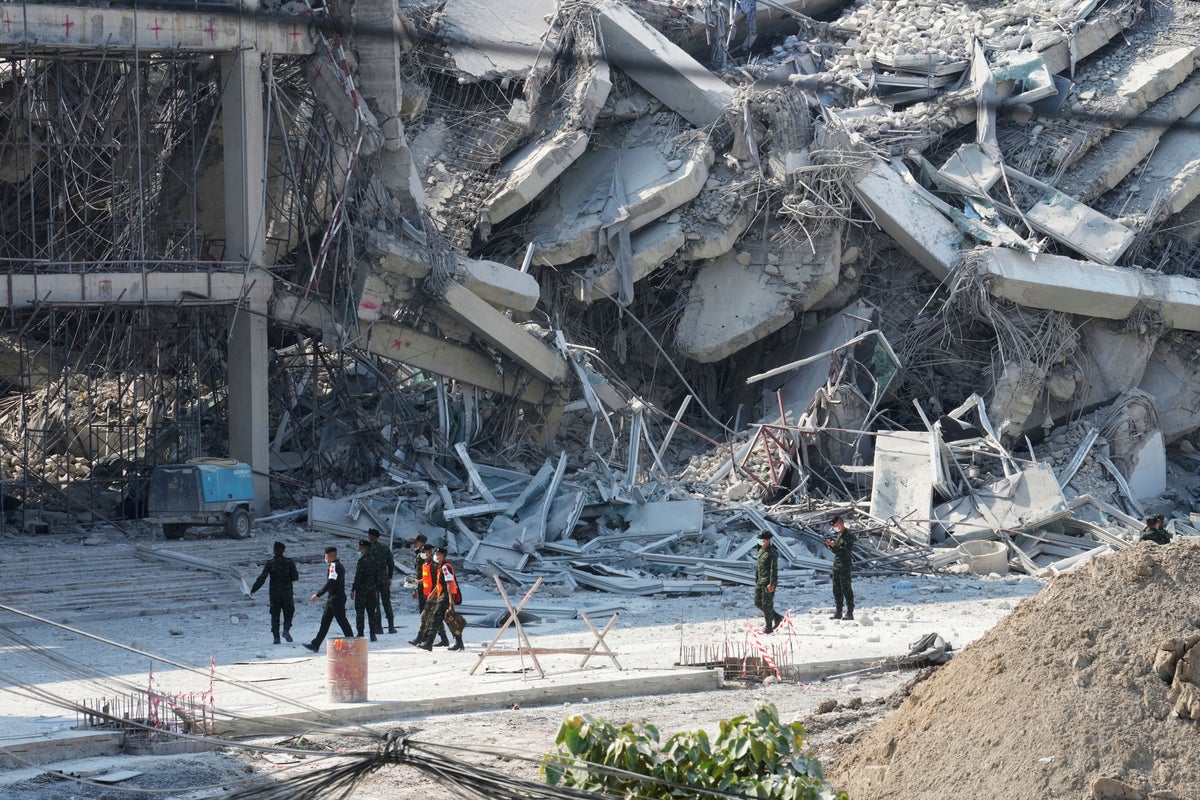Hong Kong trade offices 'keep an eye' on 'anti-China' activities
A top adviser in the Hong Kong cabinet appears to confirm that the offices are engaged in political espionage.

The role of Hong Kong's overseas Economic and Trade Offices has changed, and should include "keeping an eye" on 'anti-China' activities, a top government adviser has said, appearing to confirm claims that the offices have been targeting pro-democracy activists on foreign soil.
Regina Ip, a former secretary for security who is currently convenor of the city's Executive Council, or cabinet, made the comments after British police charged three men with spying for the Hong Kong authorities, accusing them of running surveillance and other operations targeting exiled democracy activists on U.K. soil.
Hong Kong and Chinese officials typically refer to pro-democracy activists at home and overseas as “anti-China” forces, accusing them of trying to undermine the government with the help of foreign powers.
Ip appeared to refer to those activists in an interview with Hong Kong’s Now News on May 18.
"A group of anti-China members in [the U.K. Parliament] and some Hong Kong exiles are causing trouble there, often introducing bills against the city and even calling for sanctions," she said.

“The [trade office] must pay attention, probably by gathering intelligence," she said in comments reported by the English-language South China Morning Post newspaper. "Such so-called gathering of intelligence means merely paying attention to these developments."
Ip's comments came as Bill Yuen, an office manager at the Hong Kong Economic and Trade Office in London who holds dual Chinese and British nationality, prepares to appear at the Old Bailey on May 24 charged with "assisting a foreign intelligence service" and "foreign interference" under the National Security Act 2023.
Yuen's co-defendants, Peter Wai, 38 and Matthew Trickett, 37, face similar charges, and the trio stand accused of forcing and entering a property in the U.K. and of targeting exiled Hong Kong activists on British soil, according to the Metropolitan Police.
The accusations come amid growing concerns over Chinese Communist Party infiltration of all aspects of British life, and warnings from Hong Kongers in exile over growing acts of violence by Beijing supporters and officials alike.
More than economic activities
Political commentator Benson Wong said Ip's comments will likely damage the reputation of the trade offices.
"Regina Ip's comments ... seem to confirm that some staff working in the London office aren't engaged in economic and cultural activities," Wong said.

"It's still unclear whether the Economic and Trade Office will be required to abide by certain commitments, or even have some of its privileges canceled," he said.
U.S.-based exiled activist Anna Kwok, who heads the U.S.-based Hong Kong Democracy Council, said the Hong Kong offices have long spied on overseas activists wherever they are located.
"We've always had good reason to believe that the Hong Kong Economic and Trade Offices are carrying out a lot of activities including monitoring Hong Kongers, not just in the U.K., but in the United States as well," she said.
"We've heard in the past few years of Economic and Trade Offices monitoring Hong Kongers in the United States," said Kwok, who has an arrest warrant and a bounty on her head issued by Hong Kong's national security police.

"The simplest example is that when we go to a demonstration, people we suspect are employees of the Economic and Trade Offices take photos of everyone there to identify them."
"One person told us that he was asked about the Hong Kong Democracy Council at a very ordinary dinner by a member of staff at the Hong Kong Economic and Trade Office, including personal information about the Council's members," Kwok said.
Kwok said the Hong Kong Democracy Council will step up its campaign for a bill banning the offices to be introduced to Congress.
Gathering intelligence
Meanwhile, Regina Ip said foreign consulates in Hong Kong likely also engage in such activities.
"I believe that each of the consulates based in Hong Kong is gathering intelligence. Some of the intelligence is publicly available, [such as] TV programmes, media and online information," she said.
“If our personnel are making similar collection efforts at the [trade offices], why would it be against the law? I really do not understand," Ip said.

U.K.-based Hong Kong activist Simon Cheng, who has reported being followed on April 9 in central London by unidentified people speaking Mandarin, said Ip should know the difference between a consulate and Hong Kong's trade offices, which aren't regulated by the Vienna Convention on Diplomatic Relations.
"Some countries allow the Hong Kong Economic and Trade Offices a quasi-diplomatic status, but that's up to the host country to allow them that courtesy," Cheng said. "Some countries may do this according to agreements signed with the Hong Kong government, but such agreements aren't regulated by the Vienna Convention either."
"Such diplomatic courtesies can easily be revoked unilaterally," he said.
Cheng, a former trade representative for Scotland based at the British consulate in Hong Kong who was detained and tortured by Chinese state security police during the 2019 protest movement, said consulates have teams of staff dedicated to gathering news and information about their host country or city, but such newsgathering is part of legitimate attempts to understand the places they are posted to, and to get a feel for public opinion there.

China's ambassador to the United Kingdom Zheng Zeguang expressed "serious concerns" to the British government about the spying accusations on May 15, saying the case had been "fabricated" to "smear and attack" the Hong Kong government.
"All those accusations are groundless and slanderous," Zheng said in comments posted to the embassy website, accusing the British police of "wantonly harassing, arresting and detaining" Chinese citizens in the U.K.
Eleven people including Yuen, Wai and Trickett were arrested in a nationwide operation but eight were later released without charge, the Metropolitan Police said on May 13.
"This constitutes a grave provocation against China and severely contravenes basic norms of international relations. It is totally unacceptable," Zheng said.
Translated by Luisetta Mudie. Edited by Malcolm Foster.
This article has been sourced from various publicly available news platforms around the world. All intellectual property rights remain with the original publishers and authors. Unshared News does not claim ownership of the content and provides it solely for informational and educational purposes voluntarily. If you are the rightful owner and believe this content has been used improperly, please contact us for prompt removal or correction.





-1.jpg?#)





